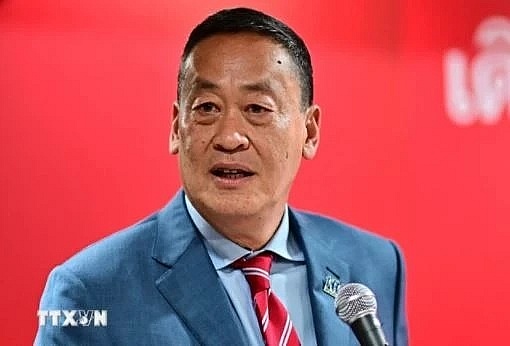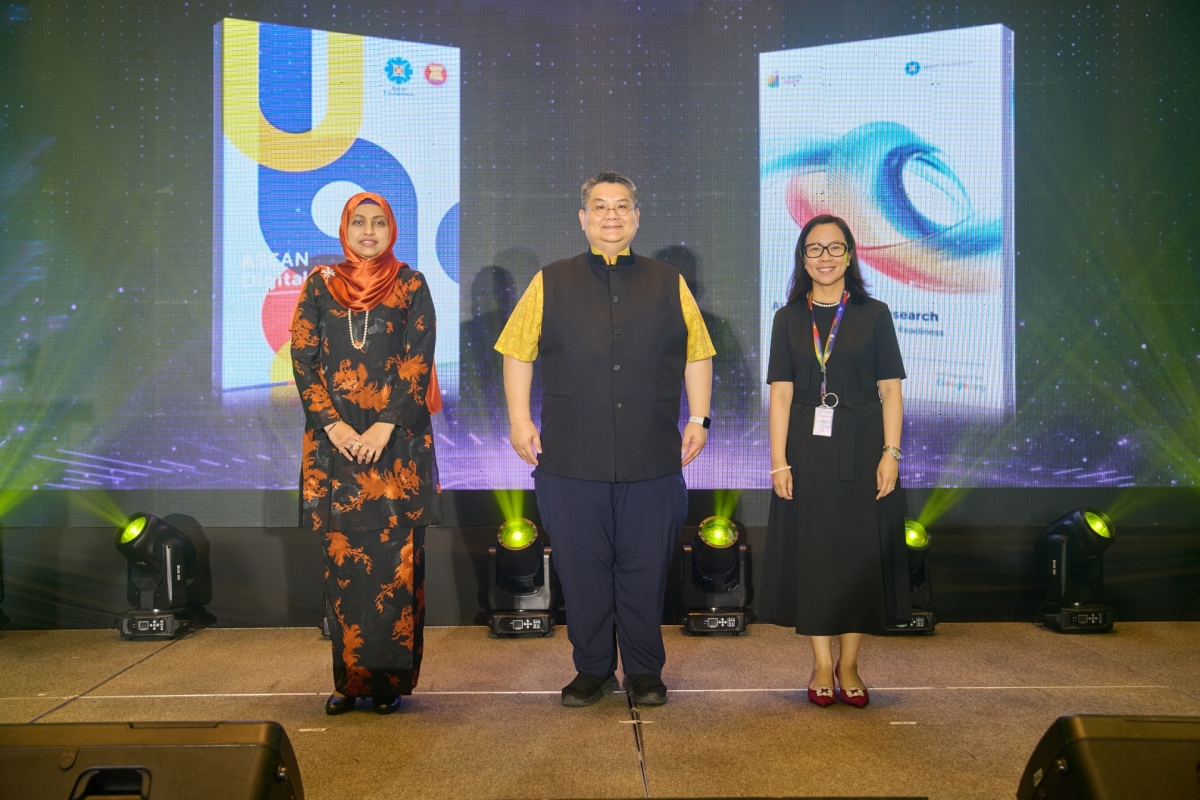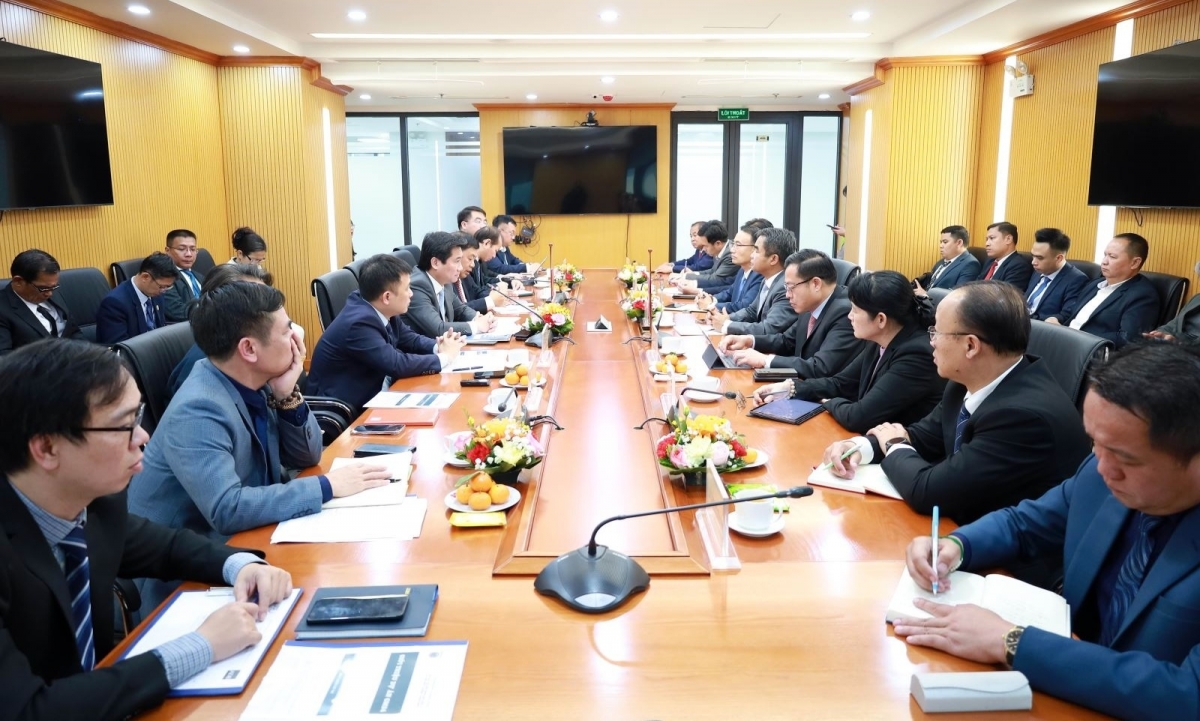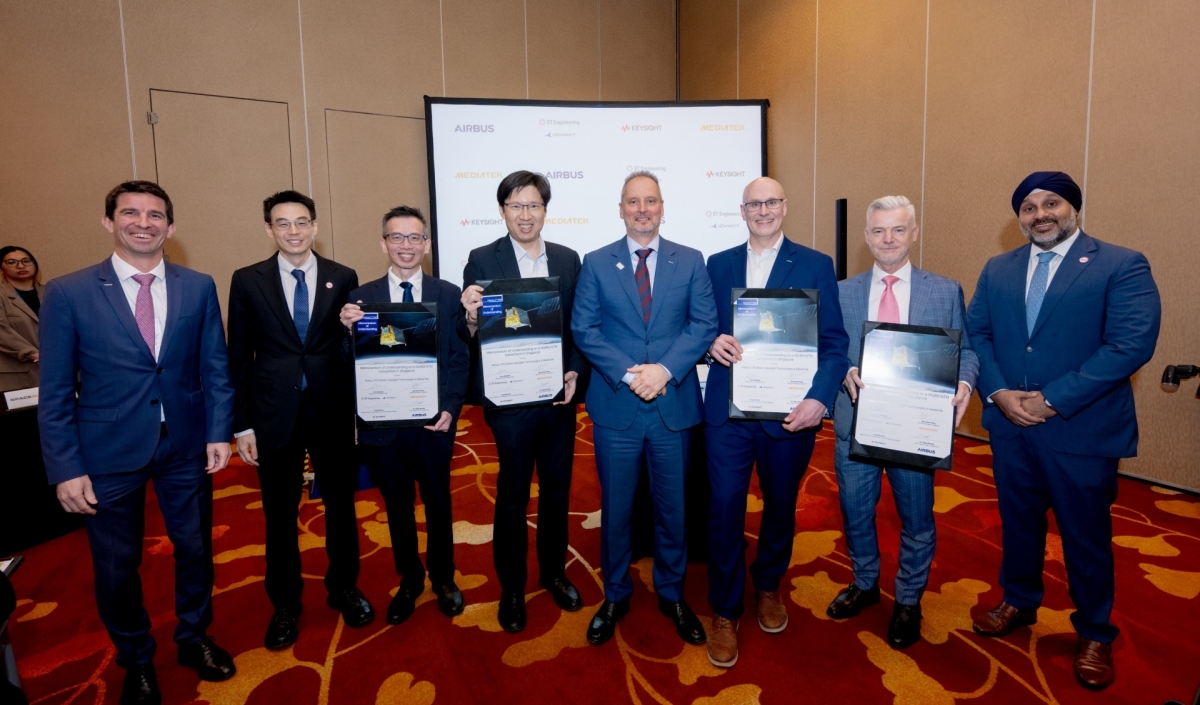INTERNATIONAL INVESTMENT
AND PORTAL
Thailand is exploring small modular nuclear reactor technology, as the Southeast Asian country looks to diversify its energy mix amidst dwindling reserves of natural gas that produces much of its power.
 Thai Prime Minister Srettha Thavisin (Photo: AFP/VNA)
Thai Prime Minister Srettha Thavisin (Photo: AFP/VNA)
Bangkok – Thailand is exploring small modular nuclear reactor technology, as the Southeast Asian country looks to diversify its energy mix amidst dwindling reserves of natural gas that produces much of its power.
Speaking at a recent event of the American Chamber of Commerce, Thai Prime Minister Srettha Thavisin described the country’s green transition goal as one of the most ambitious in the region, and said it has a comprehensive roadmap in place to have 50 per cent of energy production be renewable by 2040.
Alongside green hydrogen and battery storage solutions, the country is looking at small modular reactor (SMR) power plants to make manufacturing more environmentally friendly, he said.
According to the International Atomic Energy Agency, SMRs are advanced nuclear reactors with the capacity to generate around one-third of the electricity produced by traditional nuclear power reactors.
Under a previous power development plan, Thailand’s first nuclear power plant was scheduled to operate in 2020 but the project was delayed after Japan’s Fukushima nuclear accident in 2011.
Southeast Asia currently has no operational nuclear reactor, although several countries in the region have sought to develop civilian nuclear projects, including through SMR technology.
Thailand largely relies on natural gas for its electrification needs, with the fuel accounting for two-thirds of its electricity generation. The country has ramped up liquefied natural gas (LNG) imports in recent years due to falling domestic reserves.
During 2018-2037, Thailand aims to meet 53 per cent of its energy requirement from natural gas, 36 per cent from renewable sources, and 11 per cent from coal and other fossil fuels.
 Thailand intensifies AI policy to transform economy
Thailand intensifies AI policy to transform economy
Thailand’s Ministry of Higher Education, Science, Research and Innovation (MHESI) is introducing its "MHESI for AI" policy, aiming to empower Thais to use artificial intelligence for national development.
By VNA



















